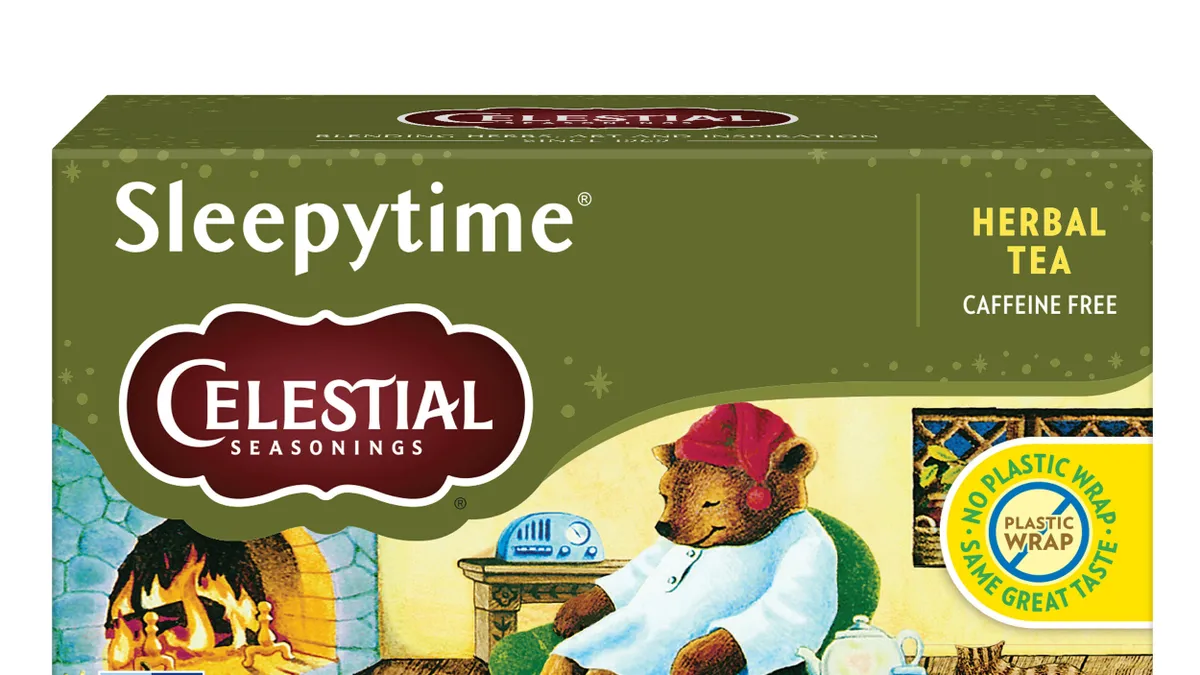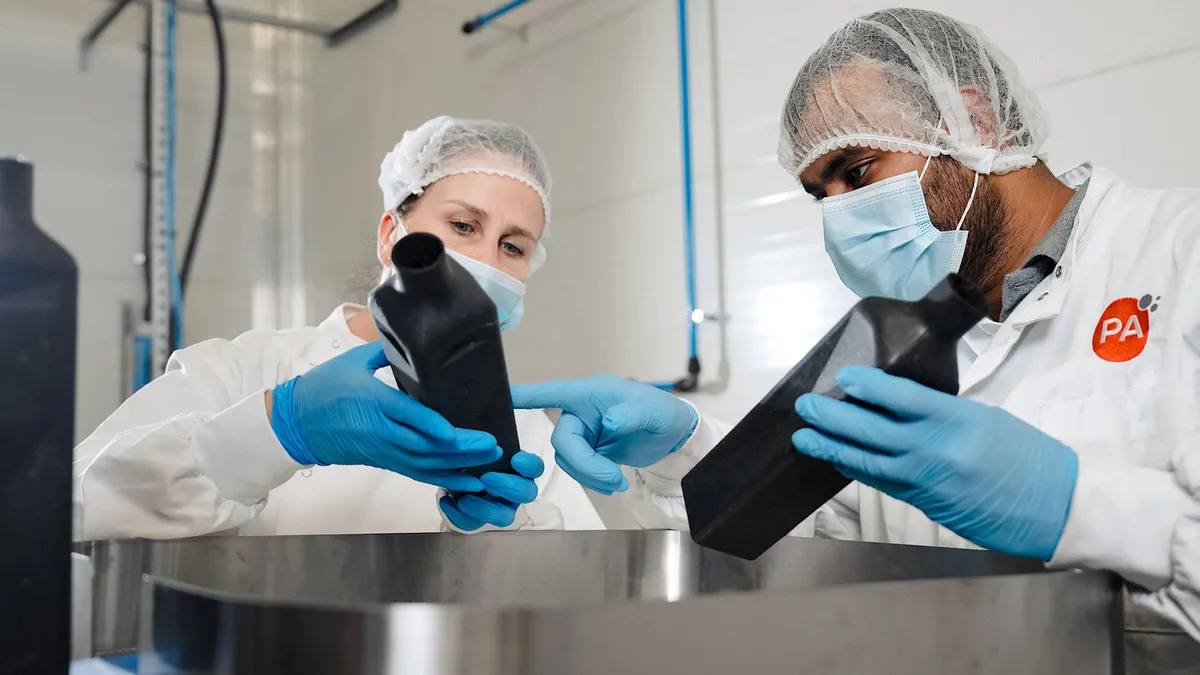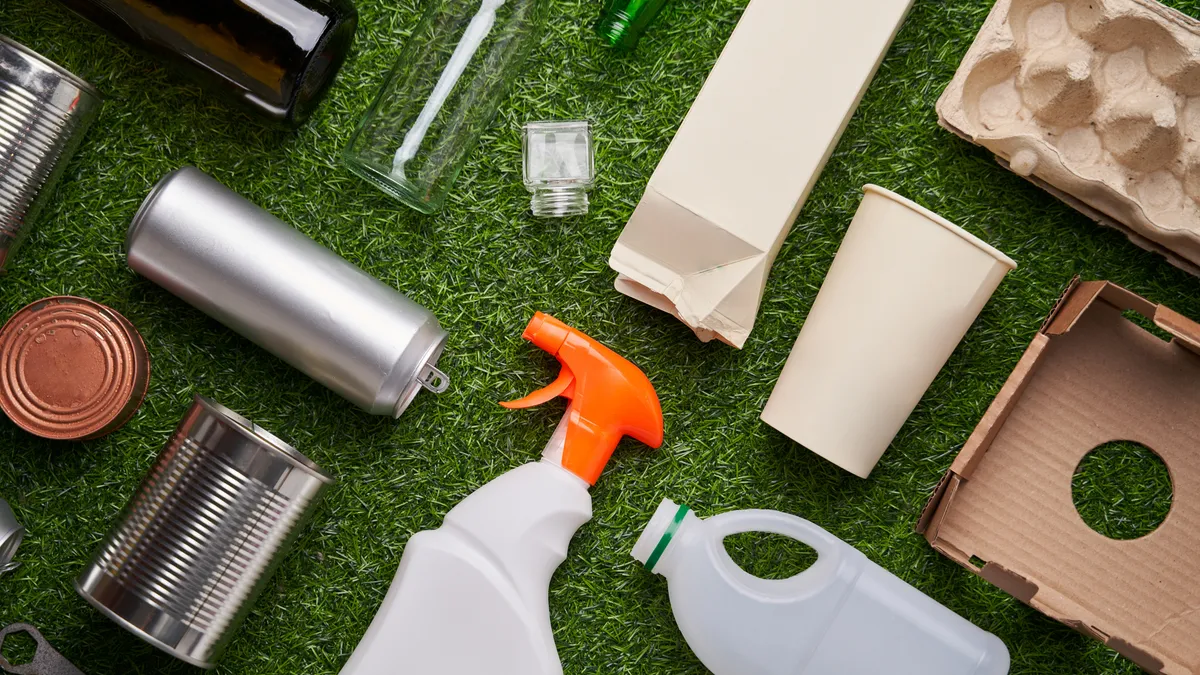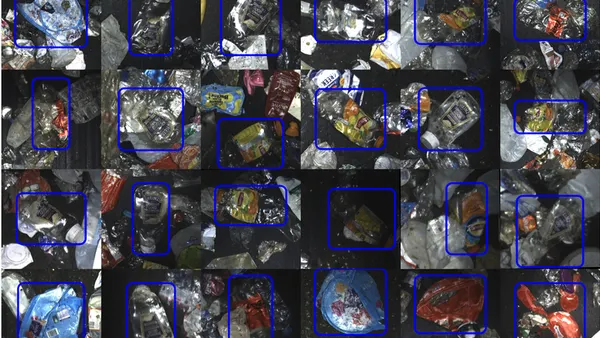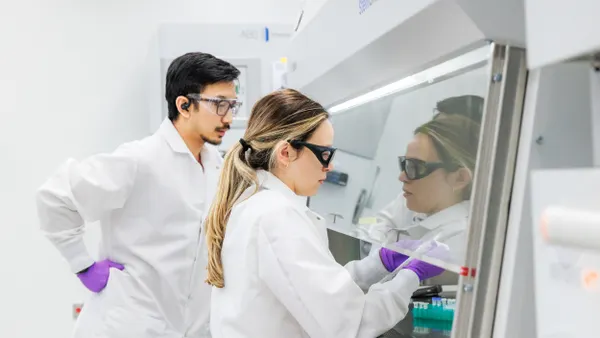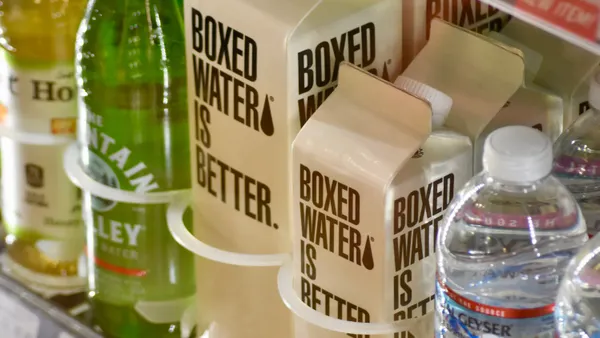Making a cozy cup of tea is going to come with less to unwrap after Celestial Seasonings announced this week it will no longer have plastic covering the recyclable boxes for more than 130 of its teas. It’s just one example of brands examining where such overwrap can be eliminated.
The Boulder, Colorado-based specialty teas company says the change could result in 165,000 fewer pounds of plastic waste this year. Parent company Hain Celestial has a 2030 goal to eliminate excess and non-recyclable materials.
“Plastic overwrap is a legacy process that has been used on most of Celestial Seasonings tea boxes as a tamper-evident method for box closure,” said Emily Rosen, marketing director for Hain Celestial, in an email.
To make up for the change, the company installed new machinery on its lines that applies glue dots to box openings to ensure their secure closure, Rosen said. The packaging design has also been updated with a perforated thumb opening. The inside of Celestial Seasonings boxes will continue to have a wax liner that protects the tea bag.
The change followed studies assessing impacts to sensory profile, benefit delivery and shelf life. “The results provided us with the confidence that this new packaging design still delivers the same great taste and product benefits our consumers expect, without the plastic overwrap,” Rosen said.
Plastic overwrap could be an area for reduction for other brands, too.
“I think there are opportunities to look at overwrap and ask the question: Is this necessary?” said Emily Tipaldo, executive director of the U.S. Plastics Pact. The group connects brands, nonprofits and other stakeholders that are focused on eliminating unnecessary plastics and innovating remaining plastics to be more circular.
In general, outer plastic packaging might be used to extend shelf life, or for marketing or convenience reasons. Tipaldo noted such changes have appeared more common outside of the U.S. due to different plastics and extended producer responsibility regulations.
Aldi U.K., for example, has made separate announcements in recent years about removing plastic shrink wrap from 4-packs of beer and cider as well as multipacks of baked beans. The grocer also removed outer plastic packaging from its own tea products.
Outside of overwrap, Tipaldo pointed to a U.S.-based example of a company questioning whether plastic's role was necessary: In 2022, Kraft Heinz removed the plastic “shaker” bag from its Shake ‘n Bake product for chicken, instructing consumers to instead use a reusable container, a move said to eliminate 900,000 pounds of plastic waste annually.
A brand’s decision to cut plastic overwrap “definitely reduces costs because they're using less material,” Tipaldo said, in addition to helping toward sustainability targets.
Tipaldo said that EPR for packaging laws taking shape in U.S. states are poised to shape companies’ choices domestically, noting that California’s SB 54, for example, includes a reduction component.
“So I think we will see more drivers in the U.S. for companies to make sort of similar decisions to reduce the use of plastic where they can, where it's not necessary,” Tipaldo said.



